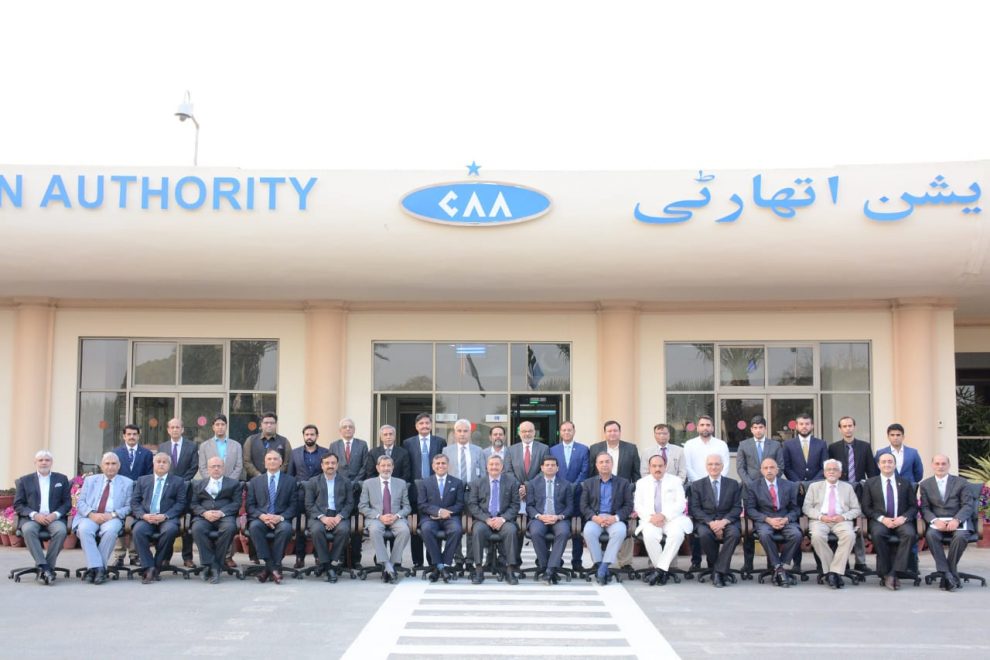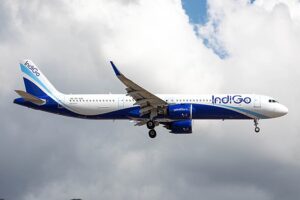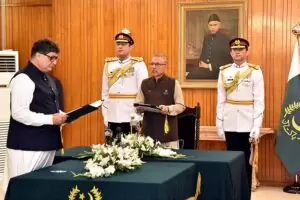Government of Pakistan has approved new aviation policy and announced to end the open skies policy. Federal minister of Information and broadcasting Fawad Chaudhary announced the cabinet decisions. He said that the government has decided to end the open skies policy. It will also review the bilateral agreements with individual centuries.
The government will also encourage female pilots. And CAA will pay up to 4 lakh rupees for the fees of women pilots. CAA has also recommended
He said that the CAA has decided that it will not charge any taxes on the meal costs of flight kitchens, which would hopefully increase the quality of food offered in flights.
He said the cabinet also discussed to start helicopter and 40-seater planes service to the tourist sites in the country. The government has also reduced the air tax to zero for flights to tourist destinations. “This will mean that if you start aviation services [to and from areas] like Gilgit Baltistan, Swat and other areas that are earmarked [as tourist sites], the CAA will not levy any charges,” he said.
Information also said that Finance Minister Asad Umar has agreed to sit and devise a policy along the CAA’s recommendations so that taxes on domestic flights can be reduced in order to make domestic travel cheaper.
The new policy has increased the maximum allowed lifespan of planes meant to be used as commercial transport has been increased from 12 years to 18; while for cargo planes, the maximum lifespan has been extended to 30 years. He said that “now you can import up to a 30-year-old plane” for cargo purposes. Previously, the limit was 12 years for passenger planes which is now increased to allow import of up to 18-year-old planes.

















Add Comment